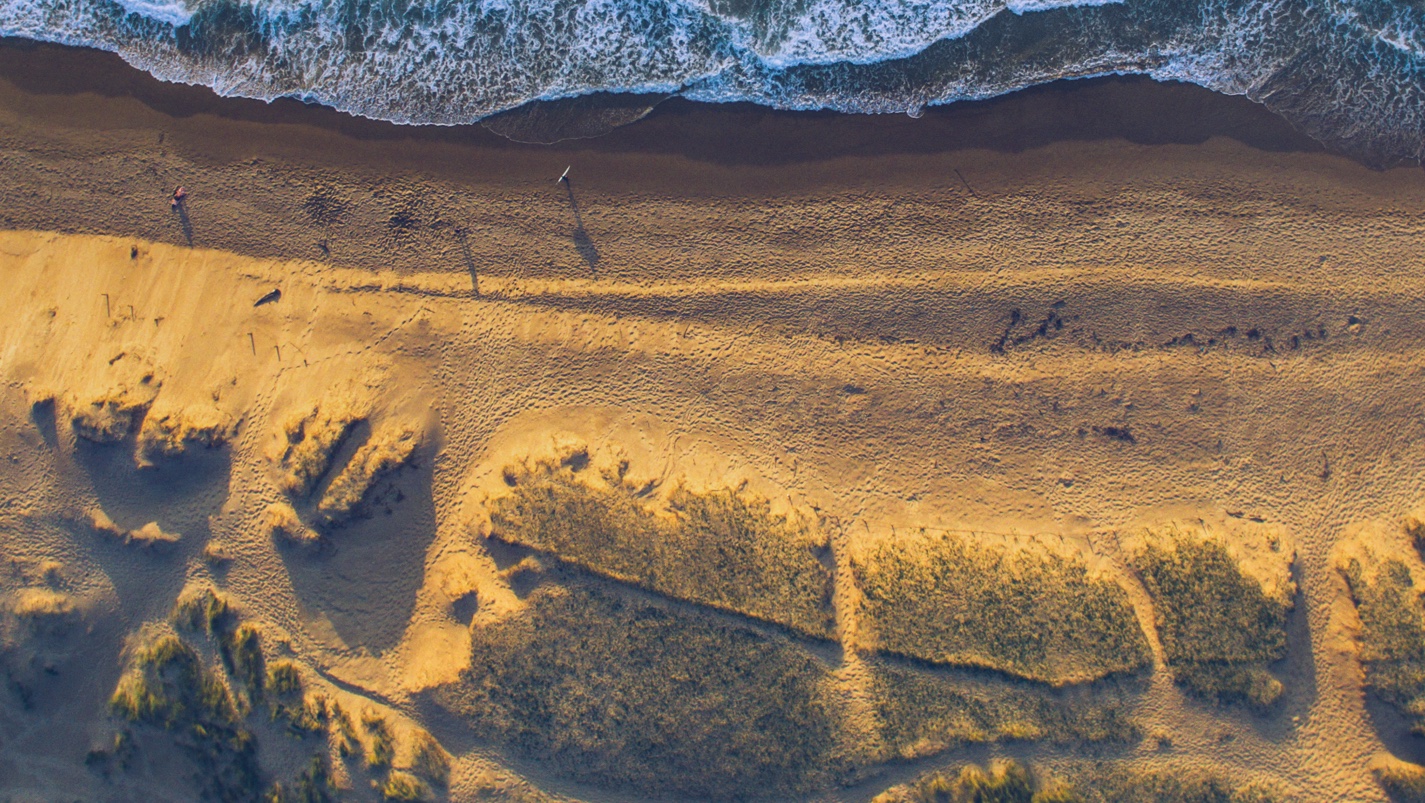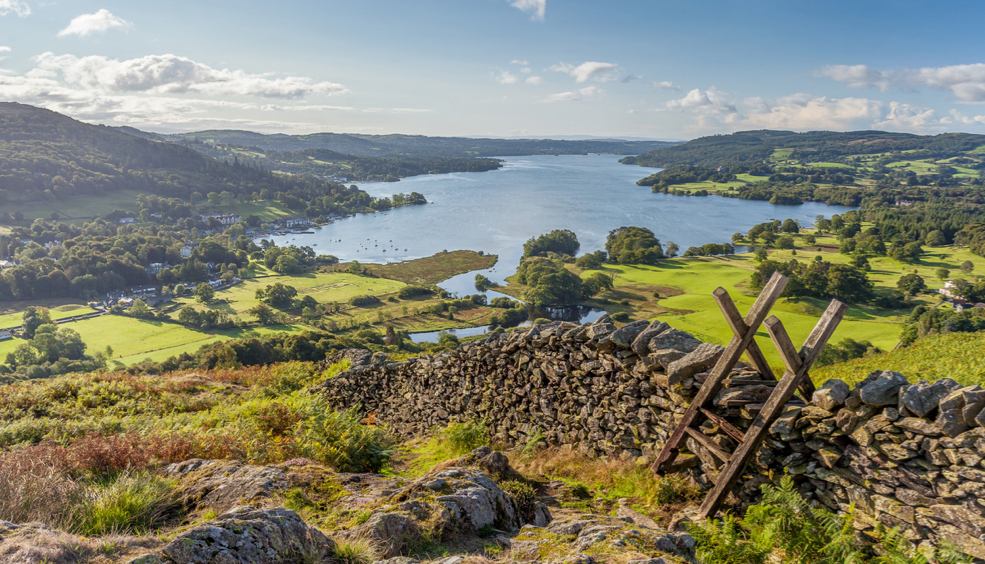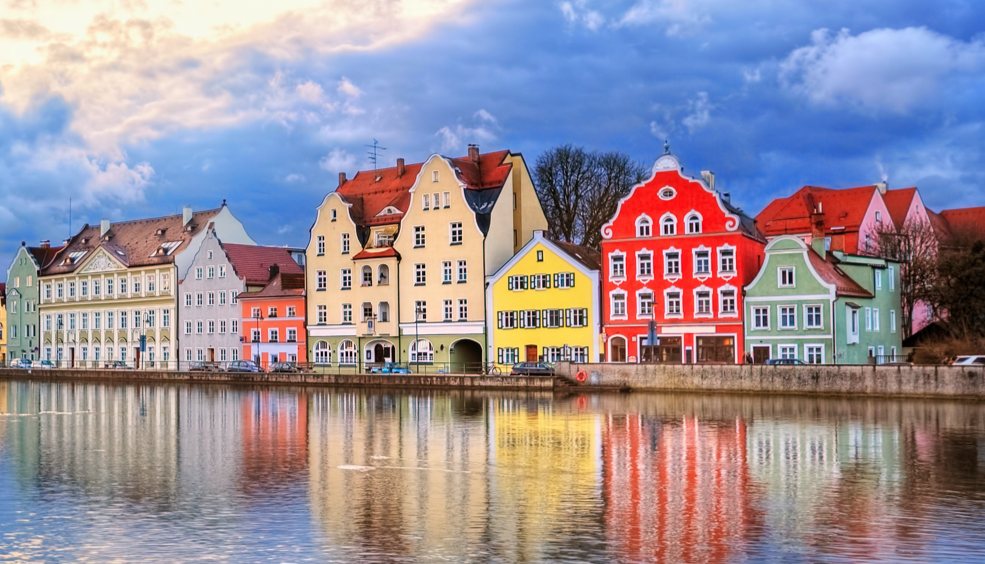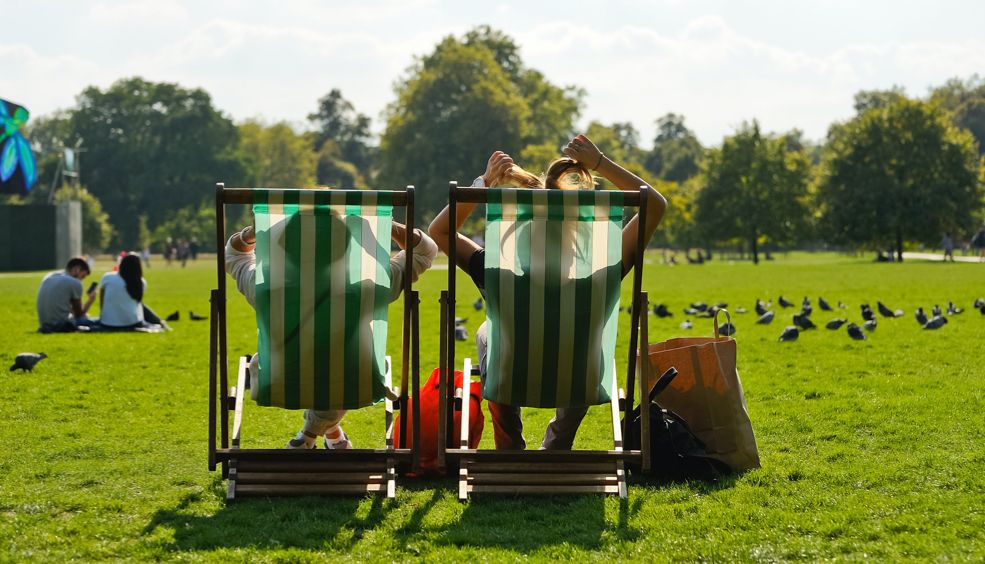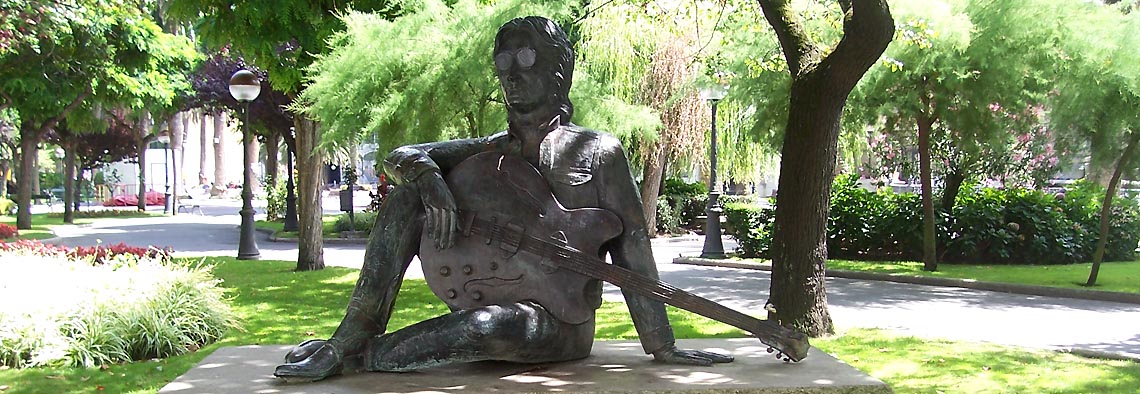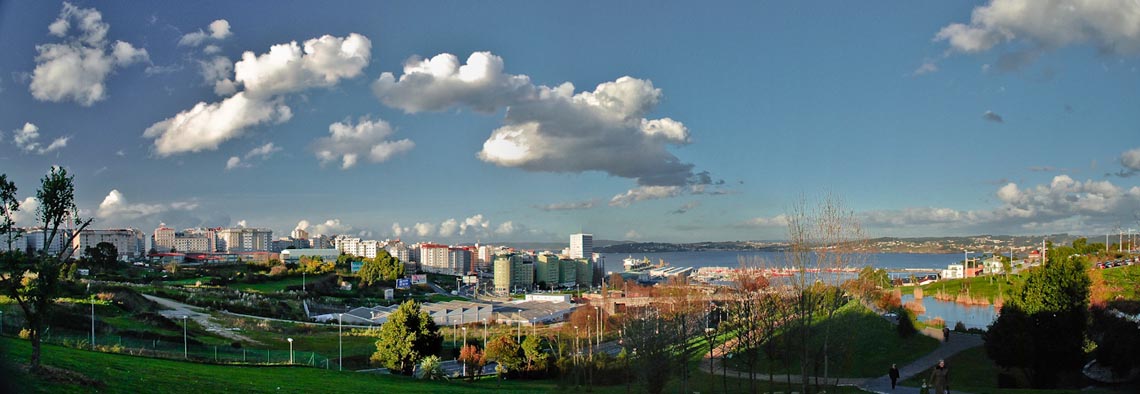Theatre at its Best, Set in the Streets of Old Bucharest
12 May, 2015
B-FIT in the streetor D’ale Bucureştilor, is held in the streets of Bucharest’s old city from late May to early June each year. This admission-free festival features a host of events, including theatre stagings, open-air cinema, music performances and parades, attended by thousands of festival-goers. No other place is so evocative for enjoying the folk music and medieval traditions of the B-Fit festival as the narrow backstreets of the area. So, now that we find ourselves in the picturesque historic centre of the Romanian capital, let’s wander through the area to soak up its charm.
A City with a Parisian Air
Bucharest was once known as the “little Paris of the East” for its French influences, still noticeable in its wide avenues and, like the French capital, a striking triumphal arch at the entrance to Kisseleff Avenue. This grand avenue was the megalomaniacal dream of Ceauşescu, who wanted to better the Champs Elysées by making it a few metres longer than the original model. Under his rule, a large part of the city centre was demolished to make way for ugly Communist-era buildings.
Piața Unirii (Unification Square), one of the largest in the city, is also reminiscent of the grand squares of Paris. It is intersected by Unirii Boulevard, which marks the divide between old and new Bucharest, affording comparative views of the contrast between the two.
Lipscani – A Historical, Lively District
North ofUniriisquare,after crossing the Dâmboviţa river canal, lies Lipscani, the centrul vechi (historic centre) of Bucharest. This is one of the most interesting areas as, fortunately, it managed to elude Ceauşescu city plans. It is a lively quarter, packed with bars, restaurants and modern pubs throbbing with activity.
Also fronting Unirii Square is Manuc's Inn (Hanul lui Manuc),a centuries-old inn architecturally way ahead of its time. Its magnificent inner court, which was once a staging area for the throngs of carriages that plied across Europe in the mid-19th century, now accommodates charming terrace cafés.
Well worth visiting is the Curtea Veche archaeological excavation which houses the residence commissioned by the 15th-century ruler, Vlad III Dracula or Vlad Țepeș the Impaler, the Transylvanian nobleman whose legend was immortalised in the novel, “Dracula”, by Bram Stoker. A visit of Curtea Veche might include venturing into some of its underground halls, browsing through its museum and taking vampirish shots of Vlad’s bust.
Prominent among the jewels of religious architecture in Lipscani is the priceless Stavropoleos Orthodox church, built in response to the call of numerous Greek merchants resident in Bucharest for a place of worship.
Eating at Historical Restaurants and Modern Terrace Cafés
The above Orthodox church is usually stumbled on by tourists heading to the restaurant known as Caru' cu bere (Beer Cart), a veritable institution in the city. It is housed in a neo-Gothic building listed as a historic monument, and its interior boasts numerous art nouveau adornments. Although it includes a terrace, we recommend eating indoors to admire the murals, mosaics and stained-glass windows, and soak up part of the history that has played out between its walls. Since it was first opened in 1899, it has been a meeting place for Romanian artists and writers.
Cafeneaua Veche (Old Café), on Covaci Street, is another venue you must see. It is Bucharest’s oldest café, dating from 1812, and is a heritage site listed by UNESCO. Later on you could spend some time listening to music in one of the many lively pubs along Covaci Street, notably the 1974 or the Underworld.
Another traditional restaurant in the old city is Crama Domnaesca, on Strada Selari. This is the perfect place for splashing out on a fully-fledged banquet, to try the main dishes in Romanian cuisine in a setting with medieval décor. Price is no object, as they are generally laughable in comparison to restaurants in other European countries.
What are you waiting for to hit Bucharest? Check out our trips here.
Text by Scanner FM
Images by Jordi Joan Fabrega, Richard Mortel, fusion-of-horizons
12 May, 2015

